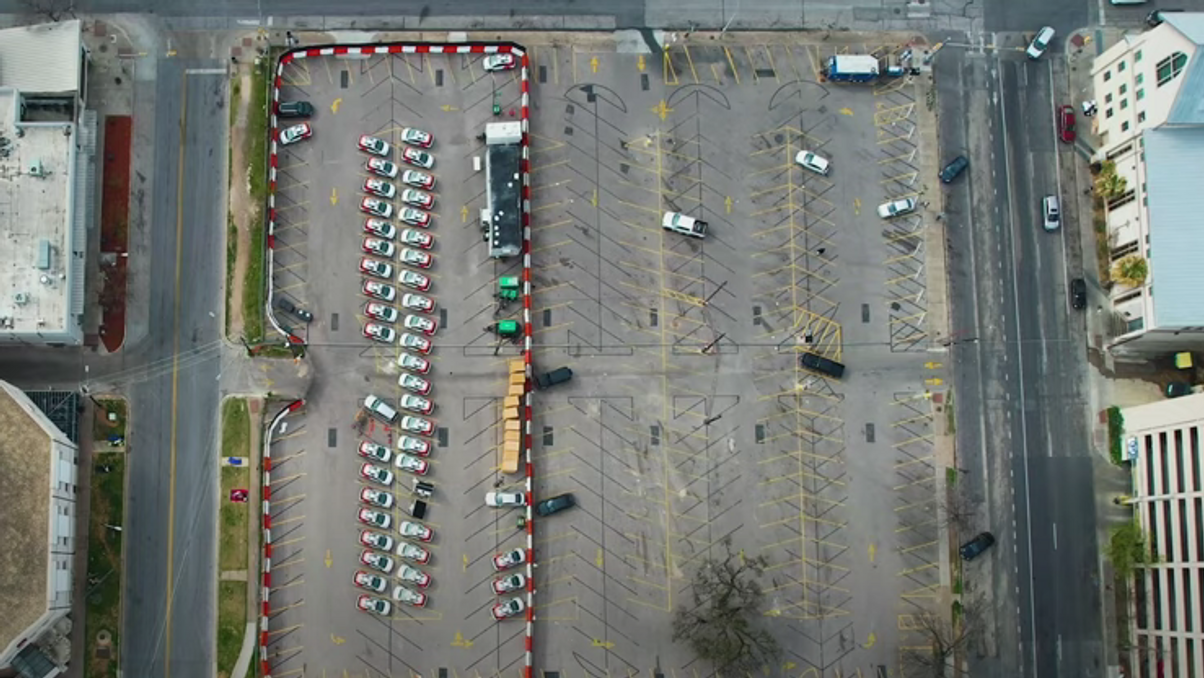Here’s The Simple Reason Behind Many Vacant Lots In Big Cities
For many urban property owners, it all comes down to the tax bill. YouTube: Wall Street Journal
YouTube: Wall Street Journal
News that is entertaining to read
Subscribe for free to get more stories like this directly to your inboxIf you live in or travel through any number of major U.S. cities, you’re likely to find entire blocks with virtually no construction. This seemingly wasted space appears to serve no purpose, and you might wonder why nobody bothered to invest anything into building them up.
While there are several causes for such underdeveloped property, the nation’s complex tax code is the culprit in many such cases.
Land vs. buildings
In many locations, there is a huge difference in the amount of property tax owed for a parcel of land compared to the same area once a building is erected thereon.
One block in downtown Austin, Texas, exemplifies this issue perfectly. 701 Trinity St. is valued at more than $13.7 million and is responsible for just under $300,000 in annual property taxes. For years, the 0.2-acre lot has been used exclusively for parking. Without a building on the site, its owners have kept the tax bill to a minimum even as more developed parcels a short distance away come with a tax bill that can be roughly twice as high.
In some more extreme cases, improvements on certain properties mean owners owe as much as seven times more in taxes than the owners of undeveloped land a short distance away.
Its impact on the housing shortage
Lest you fall under the false assumption that this disparity only impacts commercial properties, there’s ample evidence that this dual-taxation system has exacerbated the nation’s dearth of affordable housing in recent years.
Since the tax code effectively disincentivizes building and maintaining properties (including those used for housing), there will be less of that construction taking place. This means significant sections of prime real estate — like 701 Trinity St. — will likely remain undeveloped as owners seek to minimize their tax bills.
 Why Is The Aging Voyager 1 Probe Sending Back Incoherent Communications?
It's been speaking gibberish for a few months and officials are concerned.
Why Is The Aging Voyager 1 Probe Sending Back Incoherent Communications?
It's been speaking gibberish for a few months and officials are concerned. One Woman’s Massive Donation Is Wiping Out Tuition At This Medical School
Her inheritance came with the instruction to do "whatever you think is right."
One Woman’s Massive Donation Is Wiping Out Tuition At This Medical School
Her inheritance came with the instruction to do "whatever you think is right." Woman’s Pets Will Inherit Her Multimillion-Dollar Fortune, Not Her Kids
It's not the first time four-legged heirs were named in a will.
Woman’s Pets Will Inherit Her Multimillion-Dollar Fortune, Not Her Kids
It's not the first time four-legged heirs were named in a will.